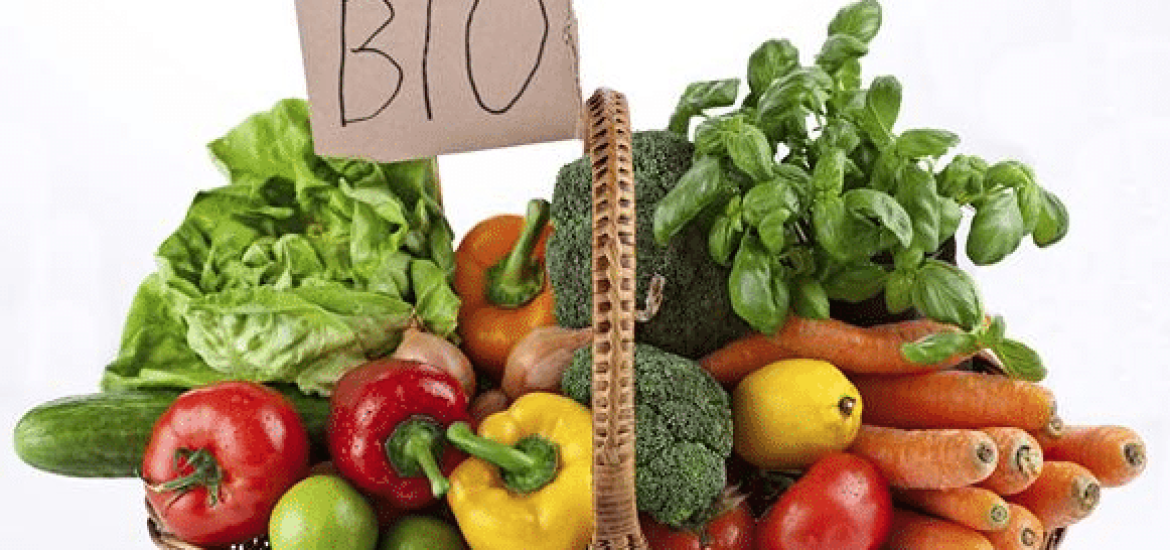
After three years of talks, the EU has found common ground for a new regulation regarding organic farming and imported food.
The Special Committee on Agriculture, an institution regrouping the Ministers of Agriculture of all the 28 EU states, has approved a new regulation on organic farming and food. This is a significant step forward, as was underlined by European agriculture commissioner Phil Hogan. The talks took three years, which goes to show how divided the European Union members were on the topic.
The new regulation will come into effect on January 1st 2021, awarding a sufficient timeframe for each member state to implement the new regulation. There is a lot at stake: the European organics market is worth around €27 billon, having grown by a staggering 125% in the last 10 years. And the rate doesn’t seem like it is slowing down, on the contrary: according to l’Agence Française pour le Développement et la Promotion de l’Agriculture Biologique (the French Agency for Development and Promotion of Organic Farming) sales for the first semester of 2016 have grown by 23% year-on-year.
The organic boom happened in many European countries, spearheaded by Italy (20%), followed by Spain (13%), France (11%), Germany (9%), Poland (8%), and Austria (8%), explaining the complex regulatory regime deployed by each member state. Before Monday, there were no clear and common rules for all countries. Even more surprising, some regulations dated back to the early 1990s, much to the ire of the organic industry. In June, the powerful French organic lobby took to the streets asking for the revision of the system.
With such a broad definition of “organic” products, which vary from country to country, while the borders were open to free trade, the confidence of customers in the green label was starting to decline. An even bigger issue proved to be the treatment of imported goods. According to MEP Eric Andrieu, “about 50% of the organic products sold in the EU actually come from third countries.”
For MEPs Angélique Delahaye and Marc Tarabella “some organic farming products on the EU market could be considered as fake, as some of them were exposed to chemicals not only not organic, but forbidden in regular farming by European regulations too.” They will now have to comply with EU regulations – with few exceptions justified by adverse weather conditions in partner countries.
This post is also available in: FR (FR)DE (DE)